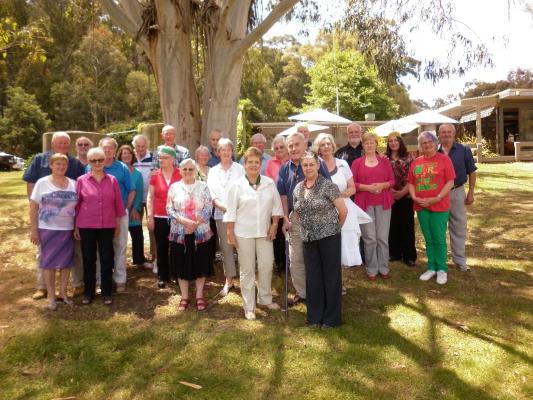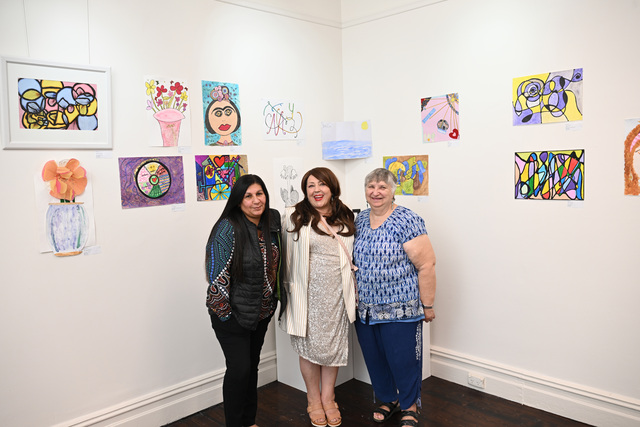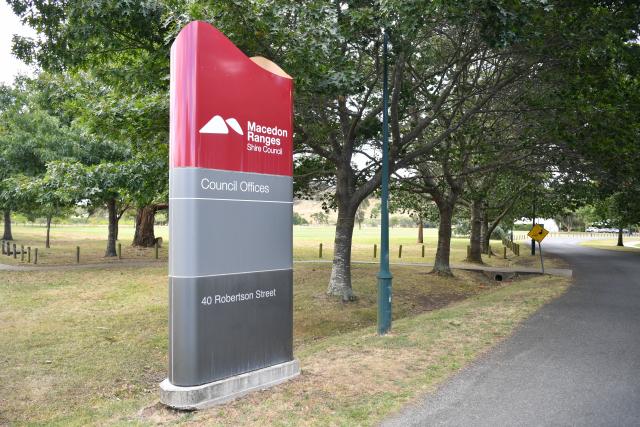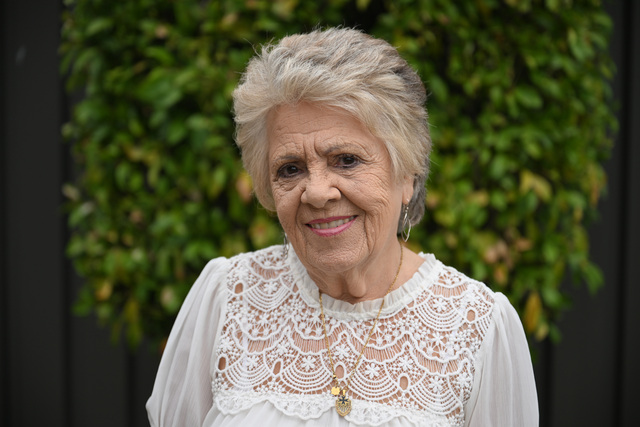Advocates are calling for greater support for people suffering from dementia and their carers, as strict lockdown measures have worsened the capacity to care for the condition.
Woodend Lifestyle Carers Group (WLCG) provides moral support for the dementia community in the Macedon Ranges and surrounding areas.
WLCG secretary Cherry Servis provided care for her husband before he died seven years ago.
She said although things have improved, there is still a general lack of support and understanding of the condition.
“When you’re in this situation and you get a diagnosis, you don’t know where support is,” she said.
“Your whole social life changes, to the point where it’s just the two of you at home.
“As a carer you feel incredibly guilty, because you have had a relationship with this person and then that person is so different and changing.
“It’s important they can maintain as normal a life as possible and that carers know they’re not alone.”
Dementia refers to a number of symptoms from a large group of neurocognitive diseases, which causes a general decline in a person’s mental function.
According to Dementia Australia data, there are an estimated 472,000 people living with the condition in Australia and more than 1.6 million involved in caring for them.
Late last year, Dementia Australia presented the federal government with a plan to improve the quality of dementia care for Australians.
Dementia Australia chief executive Maree McCabe said the need for a more robust support network was clear given how challenging social isolation had been through coronavirus lockdown periods.
“People impacted by dementia already experience lower levels of social engagement, inclusion and connectedness within their communities,” Ms McCabe said.
“This, coupled with the restrictions enforced through the COVID-19 pandemic, has meant that people living with dementia, their families and carers are even more vulnerable to adverse mental health outcomes.”
Dementia Australia’s submission to parliament included data relevant to the pandemic.
According to their findings, 25 per cent of people with dementia felt much less socially connected and 20 per cent strongly desired greater support.
Across their nine year history, WLCG has continued to expand and now caters for more than 200 families.
Ms Servis said she expects their organisation to continue to grow as the Macedon Ranges becomes an increasingly popular destination for retirees.
The organisation is currently working to establish dedicated respite care facilities in order to provide a space to help carers that work around the clock and to provide more interaction for people with the condition.
“The most important thing the government could do is provide more respite care, because without that carers are going to succumb from the pressure,” she said.

















